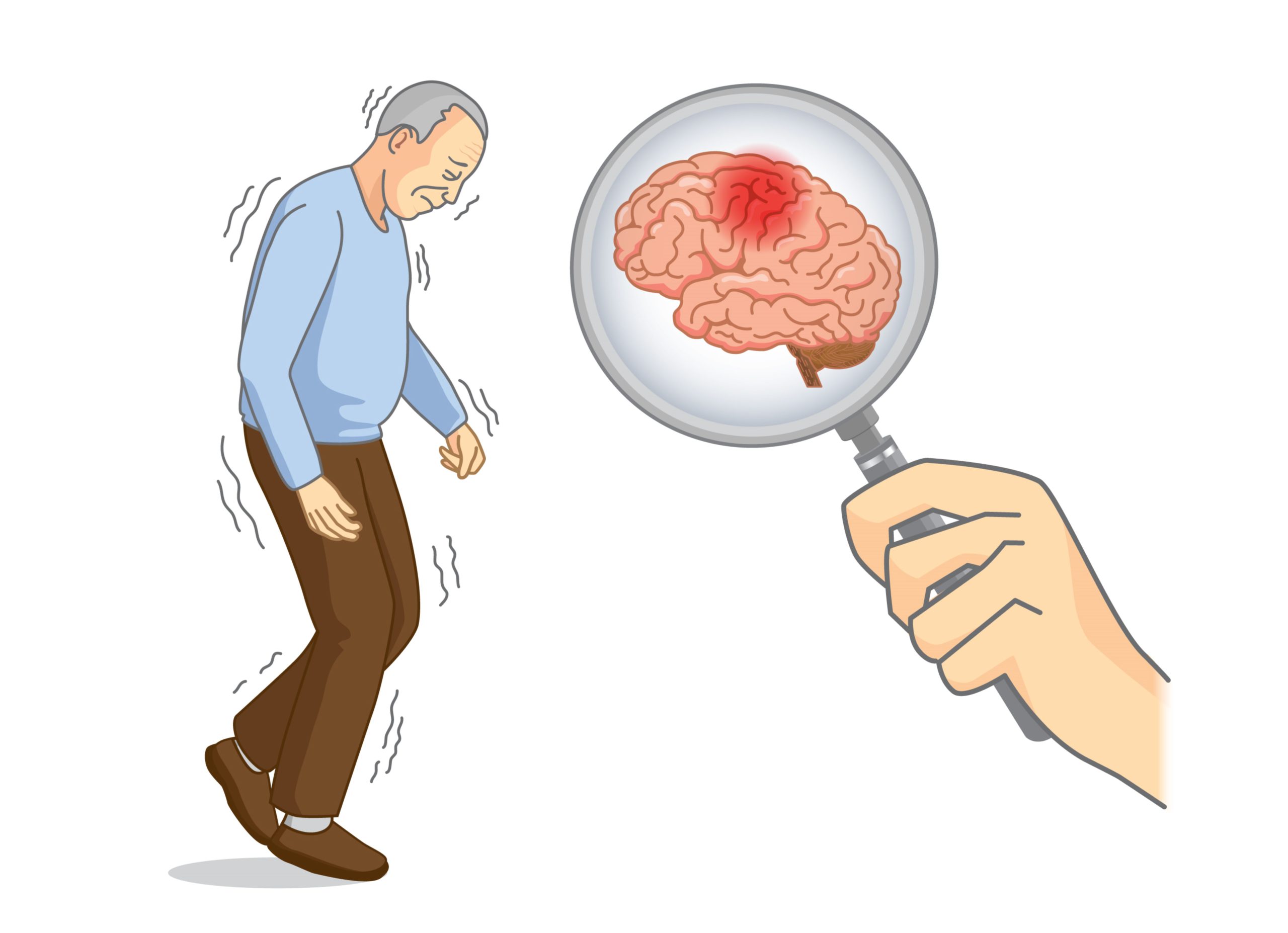Growing Measles Outbreak in West Texas: Rising Cases and Long-Term Health Risks
A measles outbreak in West Texas continues to escalate, leading to 29 hospitalizations, primarily among young children. Tragically, two individuals have lost their lives, including a six-year-old child. While the exact number of infected individuals remains uncertain, at least 223 cases have been confirmed since late January. Experts suspect that the actual number of infections could be significantly higher. Public health officials are working to contain the spread of this highly contagious virus, but concerns about long-term health complications remain.
Measles: More Than Just a Childhood Illness
Unlike many childhood viruses that resolve without lasting effects, measles can have severe consequences. In extreme cases, it may lead to pneumonia. According to the Centers for Disease Control and Prevention (CDC), about 1 in 1,000 measles patients develop encephalitis—an inflammation of the brain—while the fatality rate stands at 1 to 2 deaths per 1,000 cases. However, the impact of measles extends beyond these immediate risks.
Immune Amnesia: A Silent Threat
One of the most concerning complications of measles is “immune amnesia.” Normally, when we contract a virus or bacterial infection, our immune system remembers these pathogens and responds more effectively if re-exposed. However, measles specifically targets and destroys memory cells and plasma cells that store these immunological memories, potentially erasing immunity to previous infections.
Dr. Michael Mina, a vaccine expert and former epidemiology professor at Harvard T.H. Chan School of Public Health, has extensively researched this phenomenon. His 2019 study found that measles infection can reduce a person’s existing antibody supply by 11% to 73%, depending on the severity of the disease. For instance, someone who previously had 100 antibodies to chickenpox might be left with only 50 post-measles, increasing susceptibility to reinfection. Yale School of Medicine immunologist Akiko Iwasaki explains this phenomenon by stating, “That’s why it’s called amnesia. We forget who the enemies are.”
Measles and Widespread Immune System Damage
While everyone infected with measles experiences some level of immune suppression, the severity varies. Dr. Mina emphasizes that no one escapes this impact entirely, but the question is whether it is significant enough to cause major health issues.
A 2015 study estimated that, before widespread vaccinations, measles might have contributed to nearly half of all childhood deaths from infectious diseases. These deaths were often due to secondary infections like pneumonia, sepsis, diarrhea, and meningitis, as measles left children vulnerable to other illnesses. Research suggests that measles can weaken the immune system almost immediately and maintain this effect for two to three years.
How Measles Attacks the Immune System
Measles primarily targets long-lived plasma cells in the bone marrow, which are crucial for maintaining immunity. Dr. Mina likens the destruction of these cells to “bombing a sacred city.” Additionally, measles infects memory cells, which are responsible for recognizing and fighting off pathogens the body has previously encountered.
Once inhaled, the measles virus is engulfed by immune cells called macrophages, which transport it to the lymph nodes. From there, the virus binds to and destroys memory cells, effectively erasing a person’s previously built immunity. Iwasaki warns, “Once memory cells are eliminated, we basically don’t have memory for those particular pathogens anymore, making individuals more susceptible to nearly any infection.”
Can the Immune System Recover?
Over time, the immune system can rebuild its defenses, but this requires re-exposure to various bacteria and viruses—essentially, getting sick again to relearn immunity. Immunologist John Wherry from the University of Pennsylvania notes that this recovery period leaves individuals highly vulnerable to infections immediately after a measles bout.
Dr. Mina compares this recovery process to why infants and toddlers frequently fall ill. “It’s not because babies are more fragile but because they haven’t yet developed a full immunological memory,” he explains. “After measles, people essentially go through the same process of rebuilding their immune defense.”








